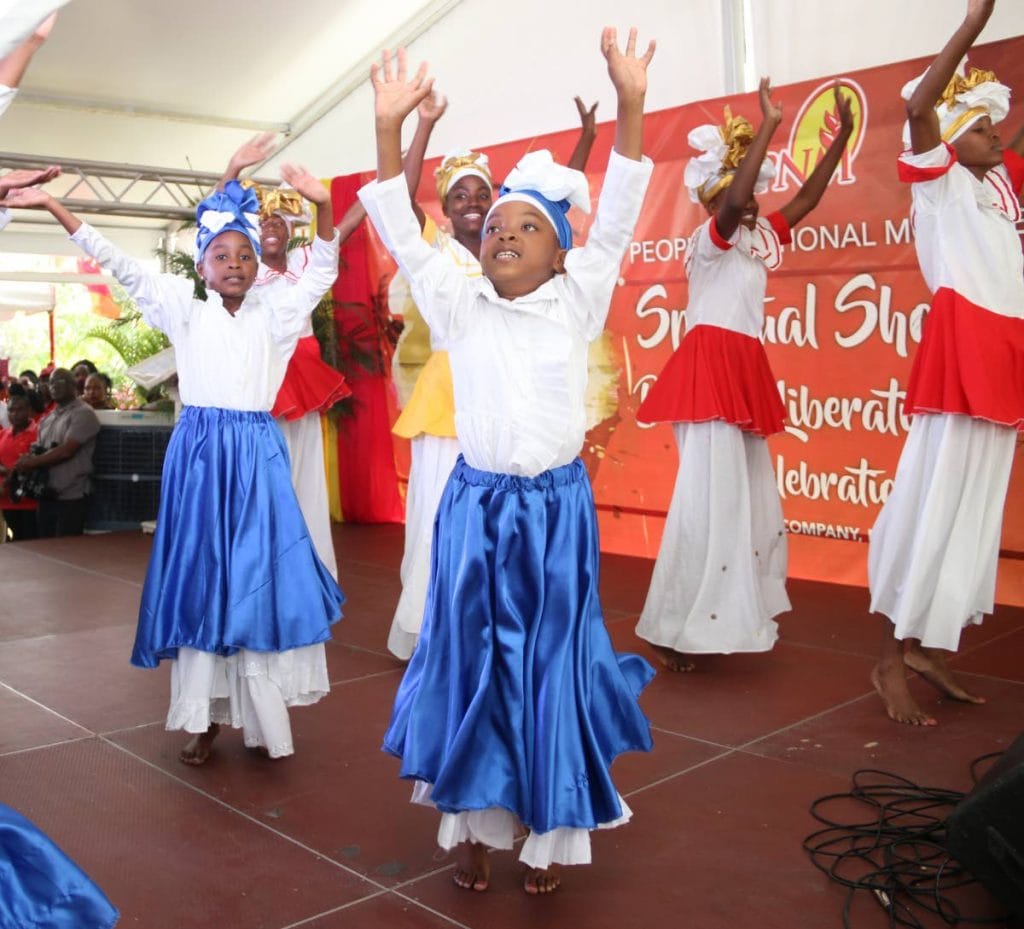Grooving with God? Unpacking Baptist Beliefs About Dance
Is dancing a sin? That’s a question many people outside (and even within) the Baptist faith have pondered. The image of strict rules often overshadows the vibrant reality of Baptist beliefs. This article delves into the intricate relationship between Baptists and dance, separating stereotype from truth.
You’ve probably heard the joke: “Why don’t Baptists allow premarital sex? Because they’re saving all the dancing for the wedding!” But seriously, can Baptists dance? The answer isn’t a simple “yes” or “no.” It’s more like a “well, it depends.”
The notion that all Baptists shun dancing is a misconception. While some Baptist churches historically haven’t embraced certain types of dance, there’s no official decree banning Baptists from busting a move. Just like any diverse group, Baptists hold a spectrum of opinions on dancing.
Is It Okay For Christians to Dance? Navigating Scripture and Tradition
To understand the Baptist perspective, it’s essential to acknowledge that the Bible itself doesn’t speak with one voice on dancing. Some passages, like Psalm 149:3, practically burst with the joy of praising God through movement, suggesting an intrinsic link between faith and dance. On the other hand, verses like those found in Galatians 5:19-21 caution against behaviors that might lead people away from their faith, which some interpret to include certain forms of dancing.
This blend of perspectives is mirrored in how various Christian groups, including Baptists, approach the dance floor. Historically, Baptists have tended to be more cautious about dancing, particularly in the past. This hesitation likely stems from the Baptist church’s roots in the Protestant Reformation and the influence of Puritanism, which often viewed dancing with suspicion due to its association with potential immorality and worldliness.
However, even within the Baptist faith, a spectrum of opinions exists. Some Baptist churches today are entirely comfortable with social dancing, viewing it as a harmless form of recreation and fellowship. Others maintain a more traditional stance, believing that dancing should be avoided entirely or restricted to specific situations, such as celebrations within the church community or weddings.
The rise of contemporary Christian music and worship styles has also impacted how some Baptist churches approach dance. Many now incorporate modern dance forms into their services, often referred to as “worship dance.” This fusion of faith and movement resonates with many, offering a dynamic way to connect with spirituality.
Ultimately, for many Christians, the question of whether or not to dance hinges on personal conviction. It’s about thoughtfully considering what the Bible says, respecting the teachings of one’s church community, and, importantly, praying for guidance.
Why Can’t Missy Go to the Dance? A Look at “Young Sheldon” and Baptist Beliefs
The popular sitcom “Young Sheldon” offers a relatable glimpse into the Baptist faith’s complexities through the character of Missy Cooper. In one episode, Missy’s desire to attend a school dance clashes with her mother Mary’s devout Baptist beliefs.
This storyline highlights a common tension: navigating personal desires within the framework of deeply held religious convictions. Mary’s prohibition likely stems from a place of genuine concern, reflecting the values and teachings she holds dear. Her perspective represents a segment within the Baptist community that maintains a more traditional view of dancing, possibly associating it with potential temptations or the influence of secular culture.
This scenario underscores the importance of understanding the history and evolution of Baptist beliefs. While the Bible doesn’t explicitly condemn dancing, early Baptist communities, influenced by Puritan ideals, often viewed it with suspicion. They associated dancing with potential immorality, seeing it as a distraction from spiritual devotion. These historical anxieties continue to influence some Baptist communities today, shaping their interpretations of scripture and social practices.
However, it’s essential to remember that the Baptist faith, like many denominations, isn’t monolithic. The “Young Sheldon” example, while portraying one family’s experience, shouldn’t be misconstrued as representing all Baptists. As we’ve explored, views on dancing within the Baptist community are diverse and often nuanced, reflecting a range of interpretations of faith and tradition.
Do Baptists Believe in Music? Harmonizing Faith and Sound
The question of whether Baptists believe in music might seem strange at first. However, it speaks to a broader curiosity about the role of music in different religious traditions. Just as with dancing, Baptists’ relationship with music is multifaceted, shaped by historical context, scriptural interpretation, and evolving cultural influences.
Early Baptists, influenced by the Protestant Reformation, primarily embraced congregational singing of hymns rooted in psalmody. The focus was on theological depth and communal worship through a cappella singing, often viewing instrumental music as a distraction from the purity of prayer and scripture. However, by the 19th century, gospel hymns, characterized by their emotional fervor and evangelistic messages, gained prominence within Baptist churches. This shift signaled a growing acceptance of music’s power to evoke emotions and inspire spiritual connection.
The mid-20th century witnessed further diversification in Baptist musical expression with the rise of Southern Gospel quartets and the gradual incorporation of instruments like pianos and organs. These changes marked a departure from the strictness of earlier practices, reflecting a willingness to embrace a wider range of musical styles within the context of worship.
However, the introduction of Contemporary Christian Music (CCM) in the late 20th century ignited considerable debate within Baptist circles. While some embraced CCM’s modern sound and accessibility, others expressed concern that its secular influences might detract from the solemnity and spiritual depth of traditional hymns. This tension reflects an ongoing conversation within many denominations seeking to balance the preservation of tradition with engagement with contemporary culture.
Despite these varying perspectives, music remains an integral part of Baptist worship and faith. It serves as a conduit for praising God, sharing the gospel, fostering community, and nurturing individual spirituality. While specific musical preferences and practices may differ between congregations, the fundamental belief in music’s power to connect with the divine remains a shared thread within the Baptist tradition.
Conclusion: A Tapestry of Beliefs
Exploring the relationship between Baptists and dancing and their approach to music reveals a faith tradition rich in history, diversity of thought, and evolving practices. Reducing this dynamic community to simplistic stereotypes risks misrepresenting the genuine faith and diverse experiences of millions.
Key Points:
- The stereotype that Baptists are universally against dancing is inaccurate.
- Individual Baptist interpretations of the Bible, cultural background, and church rules shape their views on dancing.
- The Bible includes both positive and negative references to dancing, leading to varying interpretations.
- Some Baptist churches have historically discouraged certain types of dance, often influenced by Puritan ideals.
- Modern Baptist churches may incorporate dance into their worship services through liturgical dance, gospel dance, or free-form movement, reflecting a growing openness to contemporary worship styles.
- The relationship between Baptists and dancing is complex and varies significantly from place to place and across generations.
Like any faith community, Baptists grapple with questions of tradition, interpretation, and cultural influence. Their evolving relationship with dance and diverse approaches to music beautifully illustrate these complexities. Ultimately, understanding any faith requires looking beyond generalizations and embracing the tapestry of individual beliefs that make it so rich and dynamic.
Wondering how many calories are in a calories in a twinkie? We have the answer for you!
– Do you know if you can you fail drug test from secondhand smoke? Read the article, you must know about it.
- Revolution Space: Disruptive Ion Propulsion Transforming Satellites - April 24, 2025
- Race Through Space: Fun Family Game for Kids - April 24, 2025
- Unlocking the Universe: reading about stars 6th grade Guide - April 24, 2025

















1 thought on “Can Baptists Dance? Exploring the Complex Relationship Between Faith and Movement”
Comments are closed.